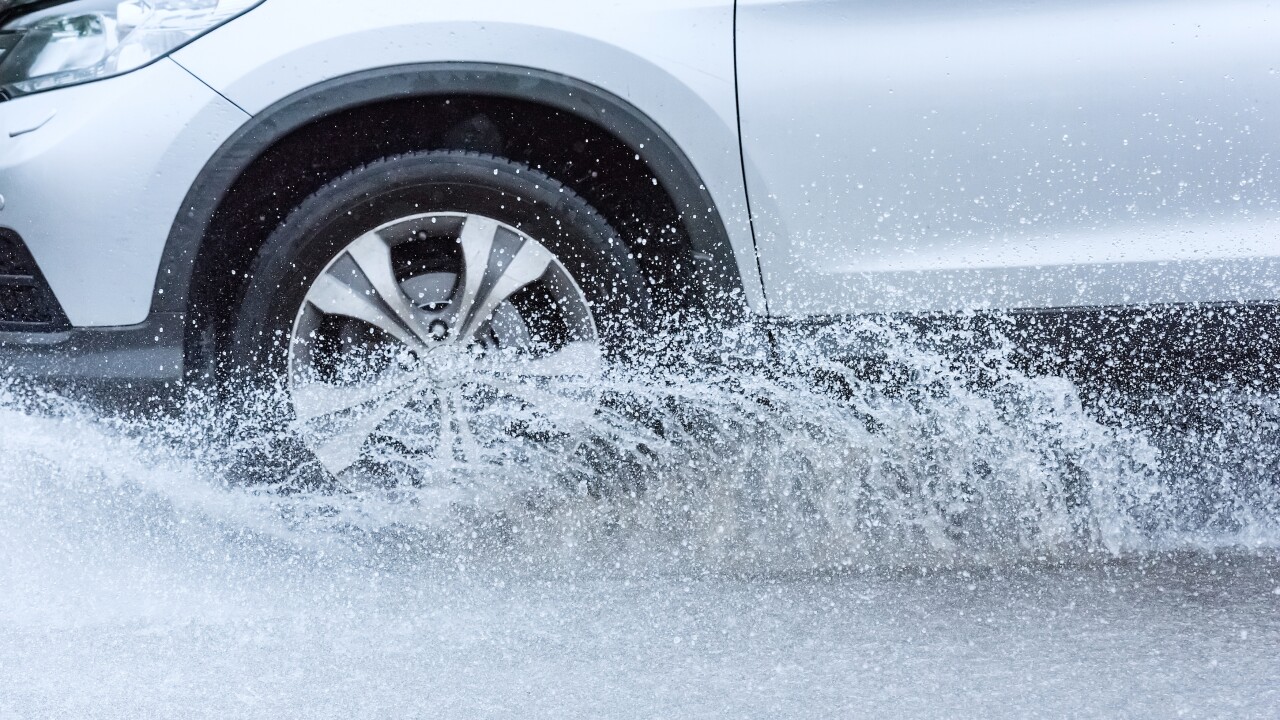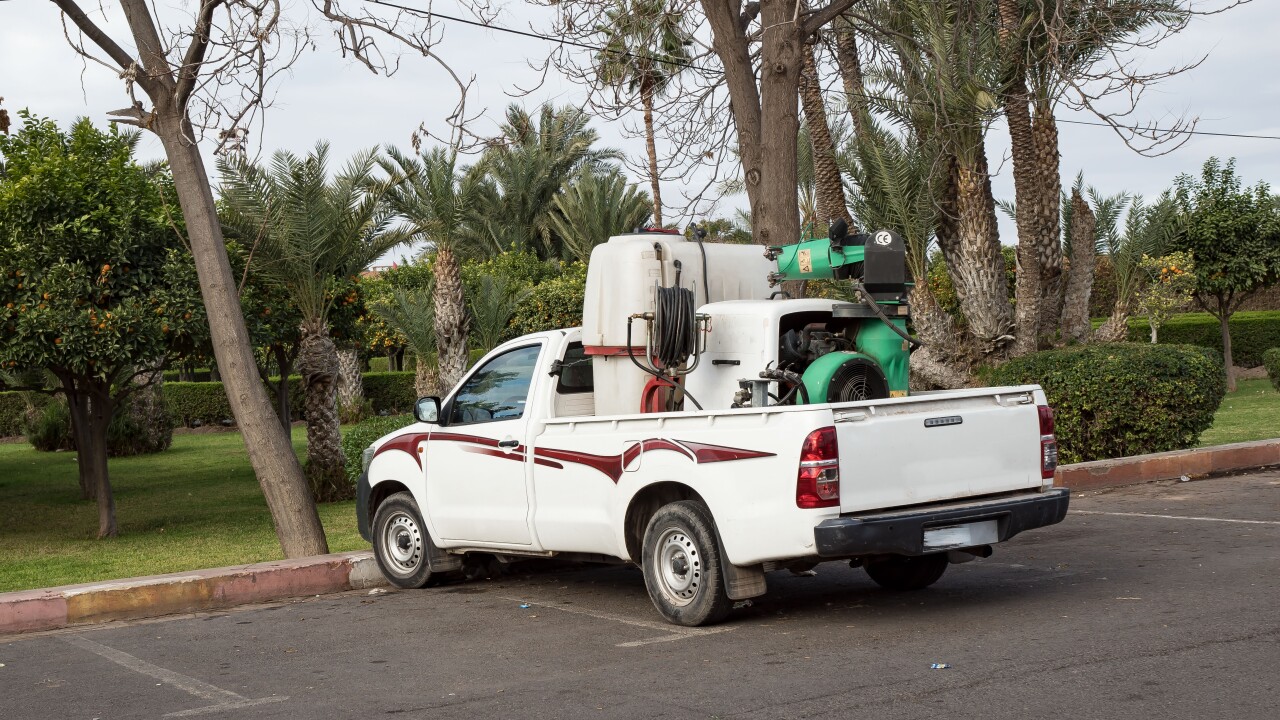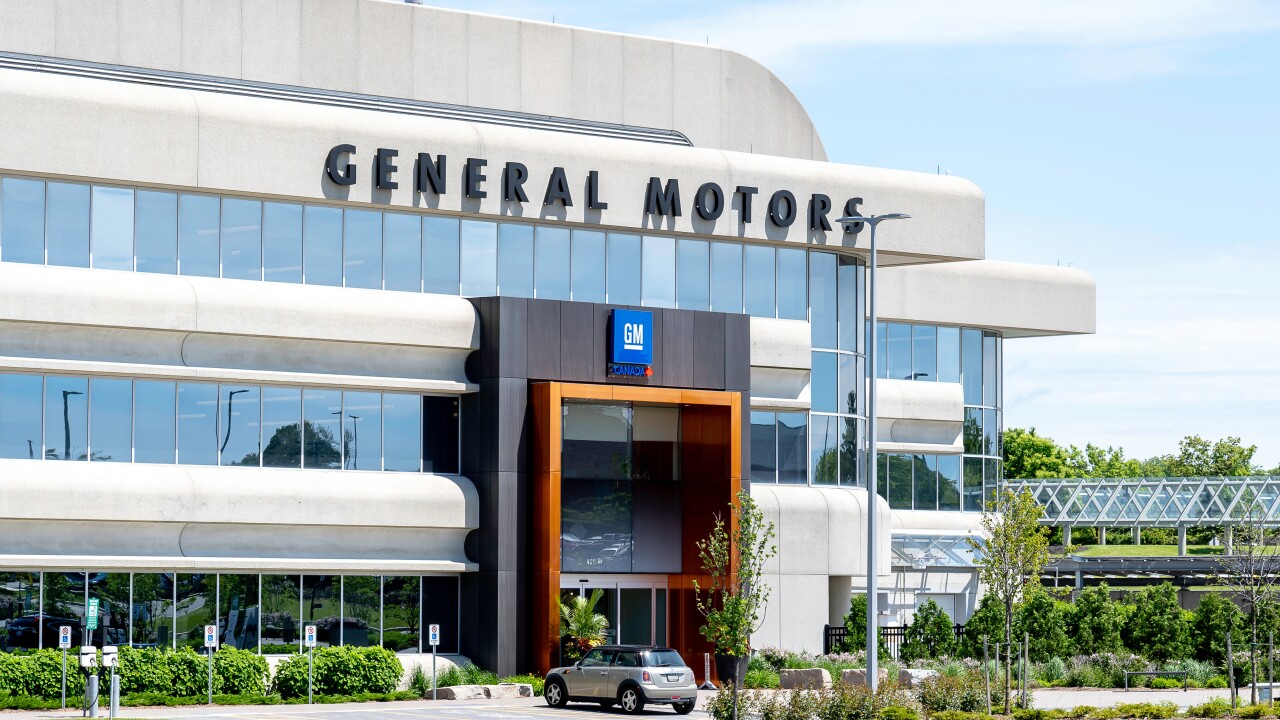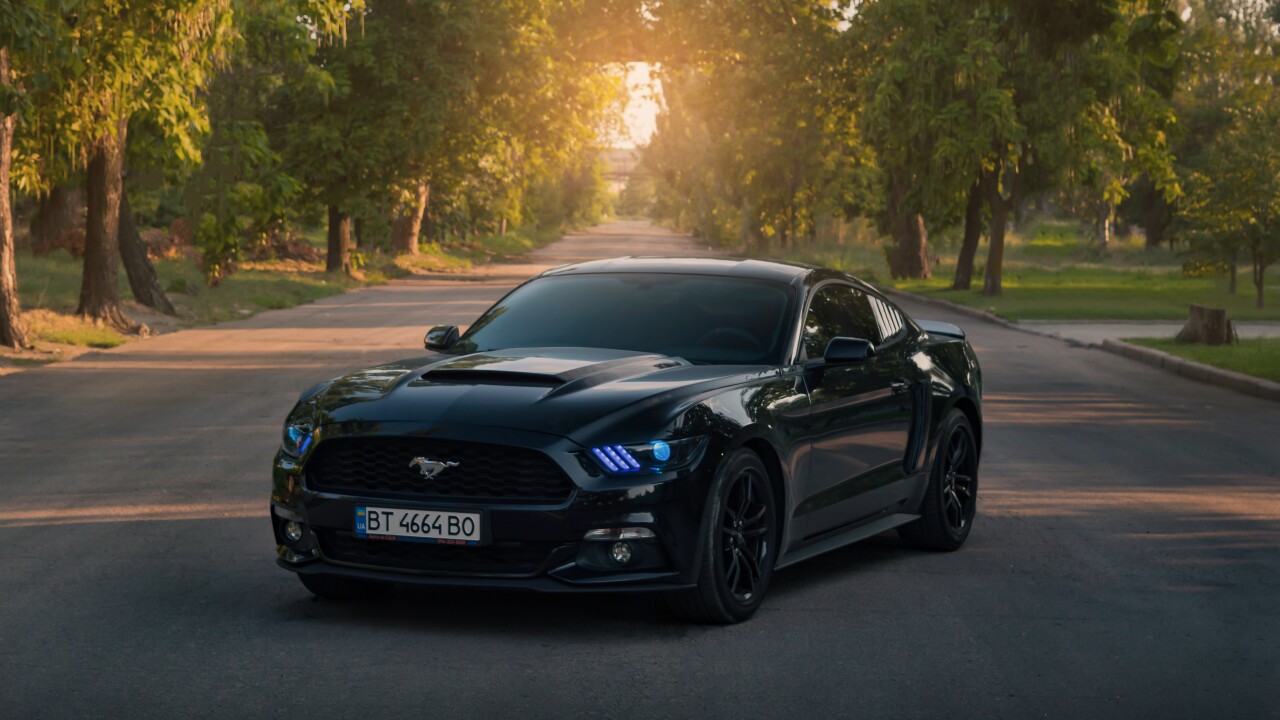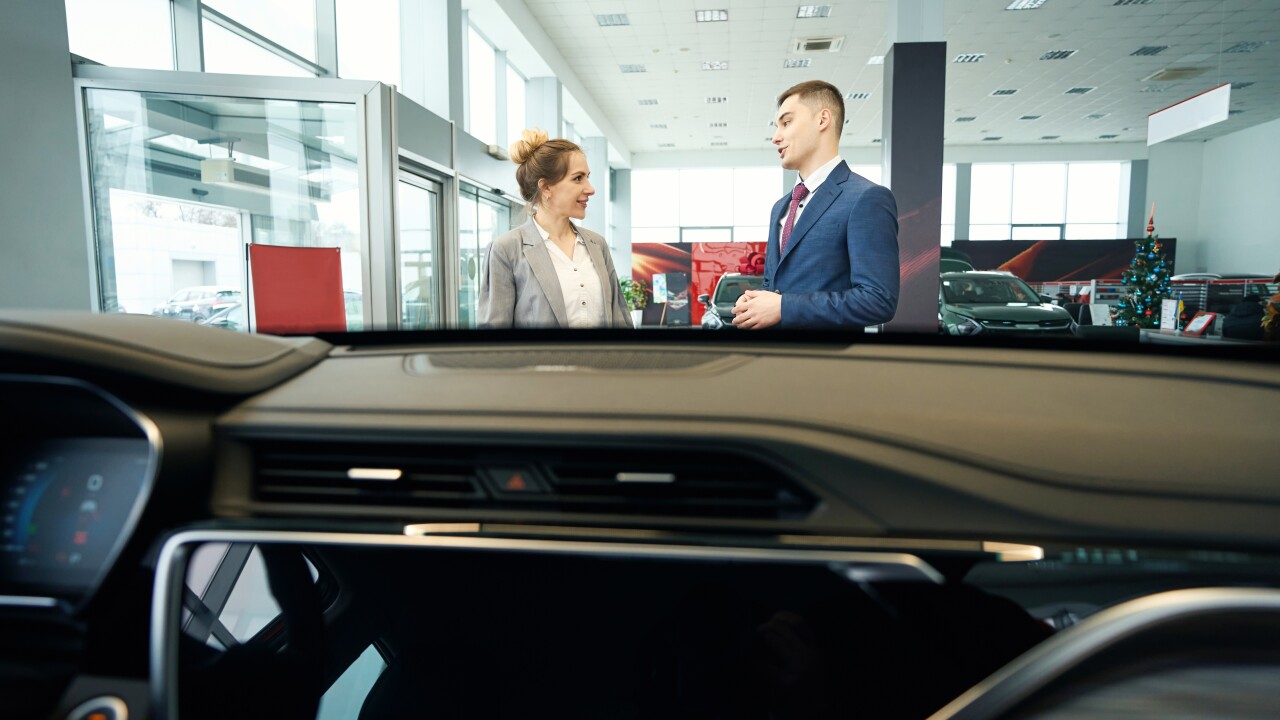-
Known for subprime financing, the sponsor has been making inroads lending to near-prime customers in the last couple of years.
April 26 -
Spreads ranging from 16-18 basis points over the three-month, interpolated yield curve on the P1 (Moody's) and F1+ (Fitch) notes, to 160 to 170 over the benchmark on the class D notes.
April 25 -
Lendbuzz sells the notes as it juggles mixed performance results from 2023. Originations and revenues saw huge jumps, but so did operating expenses.
April 23 -
The bank is a top auto lender, with a managed portfolio of $7.1 million through December 2023, and has a strong servicing track record.
April 17 -
The current levels of credit enhancement are a reduction from levels of 58.0%, 48.7%, 35.9%, 22.5% and 17% on the classes A, B, C, D and E on the BLAST 2024-1 deal.
April 12 -
A pool of open-end vehicle fleet lease and loan contracts for cars, trucks and other vehicles provide the revenues to the bonds.
April 11 -
Aside from overcollateralization and subordination, the notes get support from a reserve account representing 0.96% of the pool and an incremental reserve account maintain 1.00%.
April 9 -
Series 2024-2 can be upsized to $1.5 billion from the base pool amount, but regardless of the increase, pricing guidance, total credit enhancements and legal final maturities are expected to remain the same.
April 8 -
Pricing ranges between 20 basis points, over the three-month Interpolated yield curve, on the A1 notes to 400 bps over the class E, at almost par, between 99.98% and 99.99%.
April 4 -
There are two series, 2024-1 and 2024-2, that have revolving periods—three for the 2024-1 and five for the 2024-2—during which noteholders will not receive any principal.
March 28 -
The trust employs a 24-month revolving period. There is an increased risk that collateral quality could deteriorate as the transaction evolves with new collateral.
March 27 -
Four tranches of class A notes make up the capital structure, and they all benefit from 3.00% in total initial hard credit enhancement.
March 26 -
Raising $344 million, the deal securitizes revenues from loans with lower balances and a higher weighted average loan-to-value ratio compared with the previous deal.
March 25 -
Used car loans support the notes, where the two class A tranches benefit from 59.90% in total credit enhancements, while classes B, C, D and E have 51.88%, 42.54%, 33.23%, and 26.96% respectively.
March 19 -
The underlying loans have 8.32 months in seasoning, which is higher than the amount seen on Arivo Acceptance securitizations going back to the series 2021-1 deal.
March 19 -
Revenue from auto dealer floorplan receivables will secure $920.2 million in class A notes from the Nissan Master Owner Trust Receivables, both series 2024-A and 2024-B, according to Moody's Investors Service.
March 18 -
FCAOT, in its first issuance of the year, could upsize the deal to $1.5 billion
March 15 -
Prime quality auto loans secure the pool, although recent rapid origination growth put some strain on and deterioration on the notes in the 2022 and 2023.
March 13 -
Spreads are expected to come in ranging from 15 basis points over the 3M I-Curve on the A1 notes to 160 bps over the benchmark on the class D notes.
March 12 -
Initial overcollateralization is 11.3%, up from 8.50% of the initial collateral pool balance. Aside from that adjustment, target overcollateralization is 22.45%, compared to 13.00% on Westlake 2023-4 deal.
February 28




